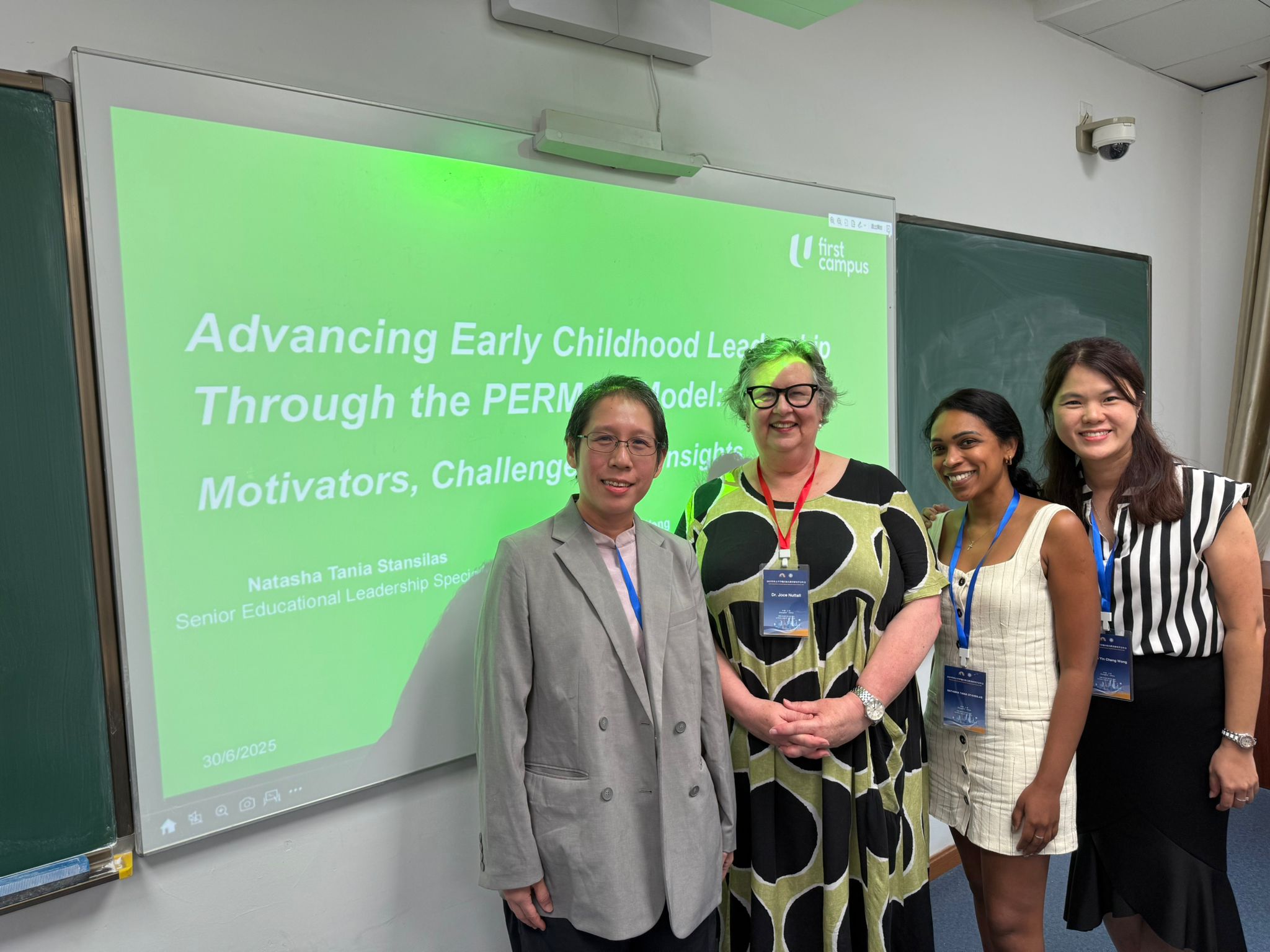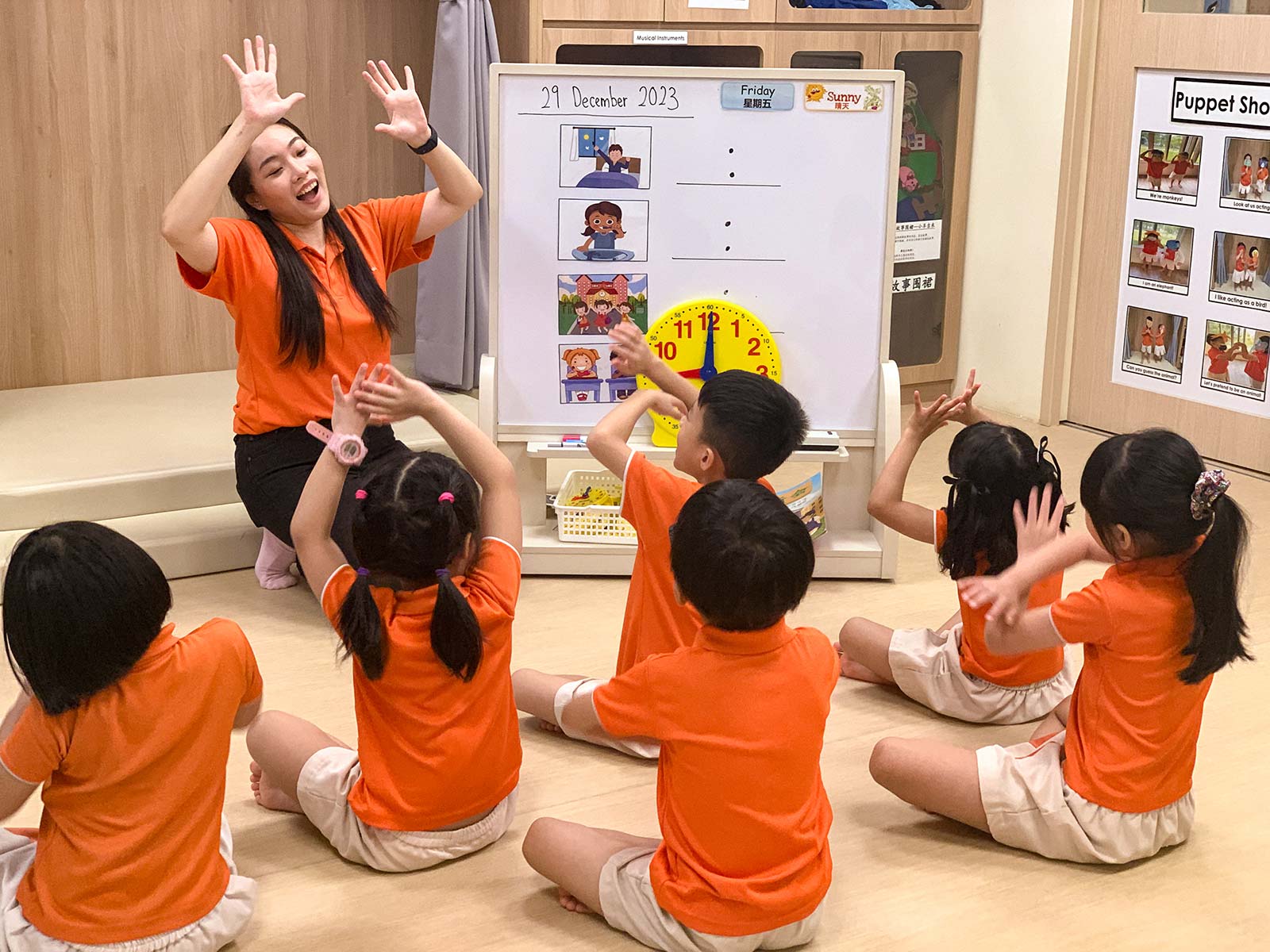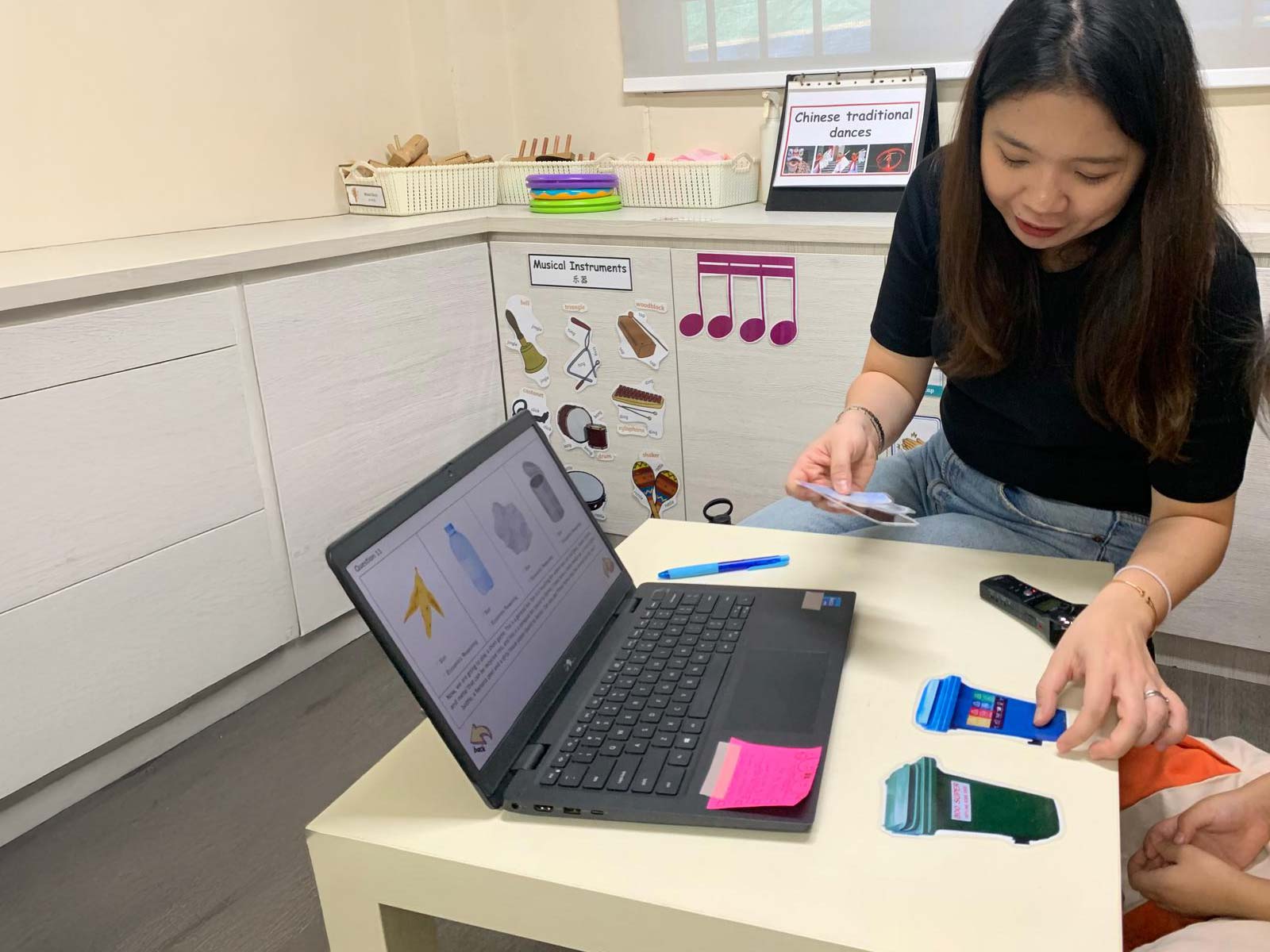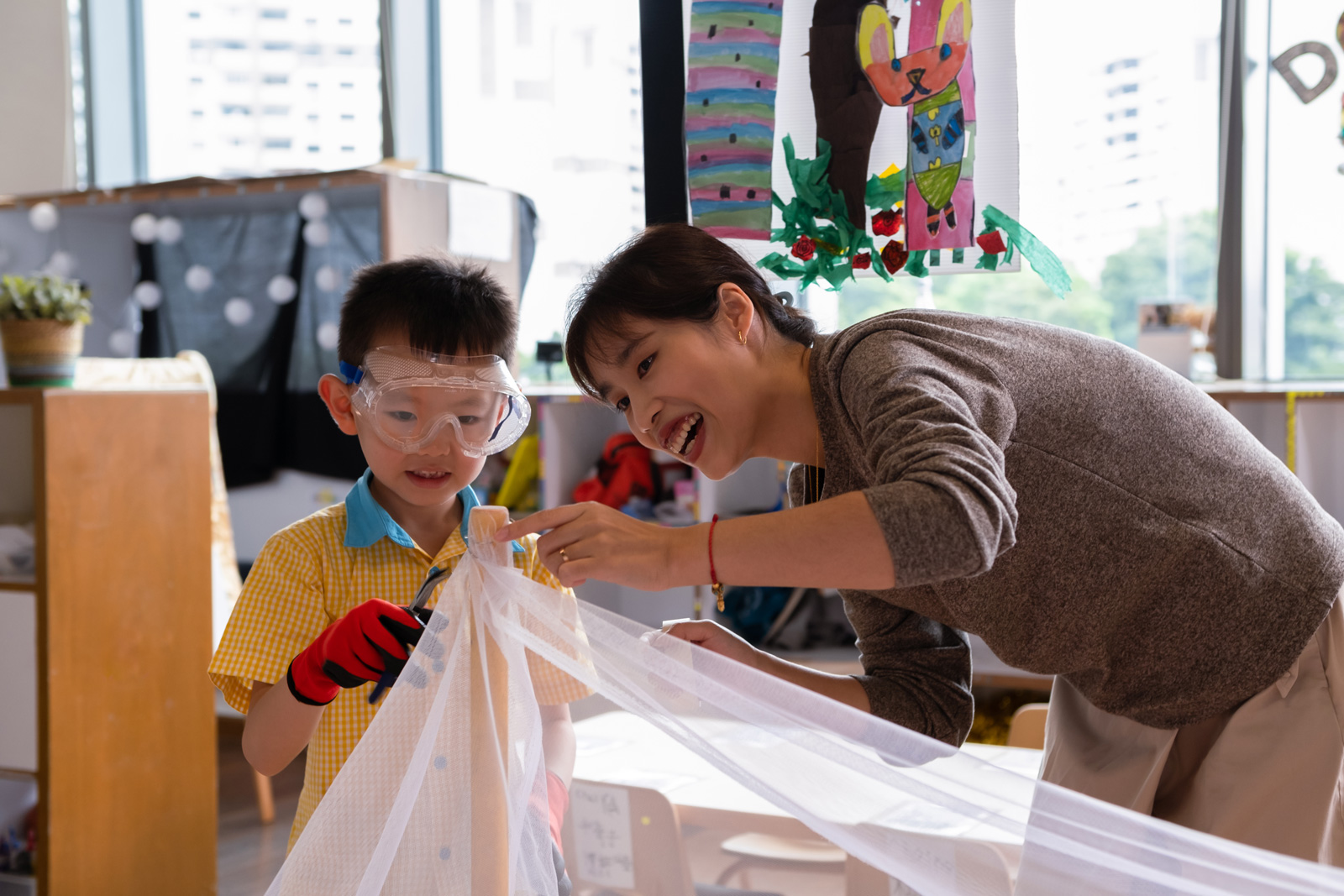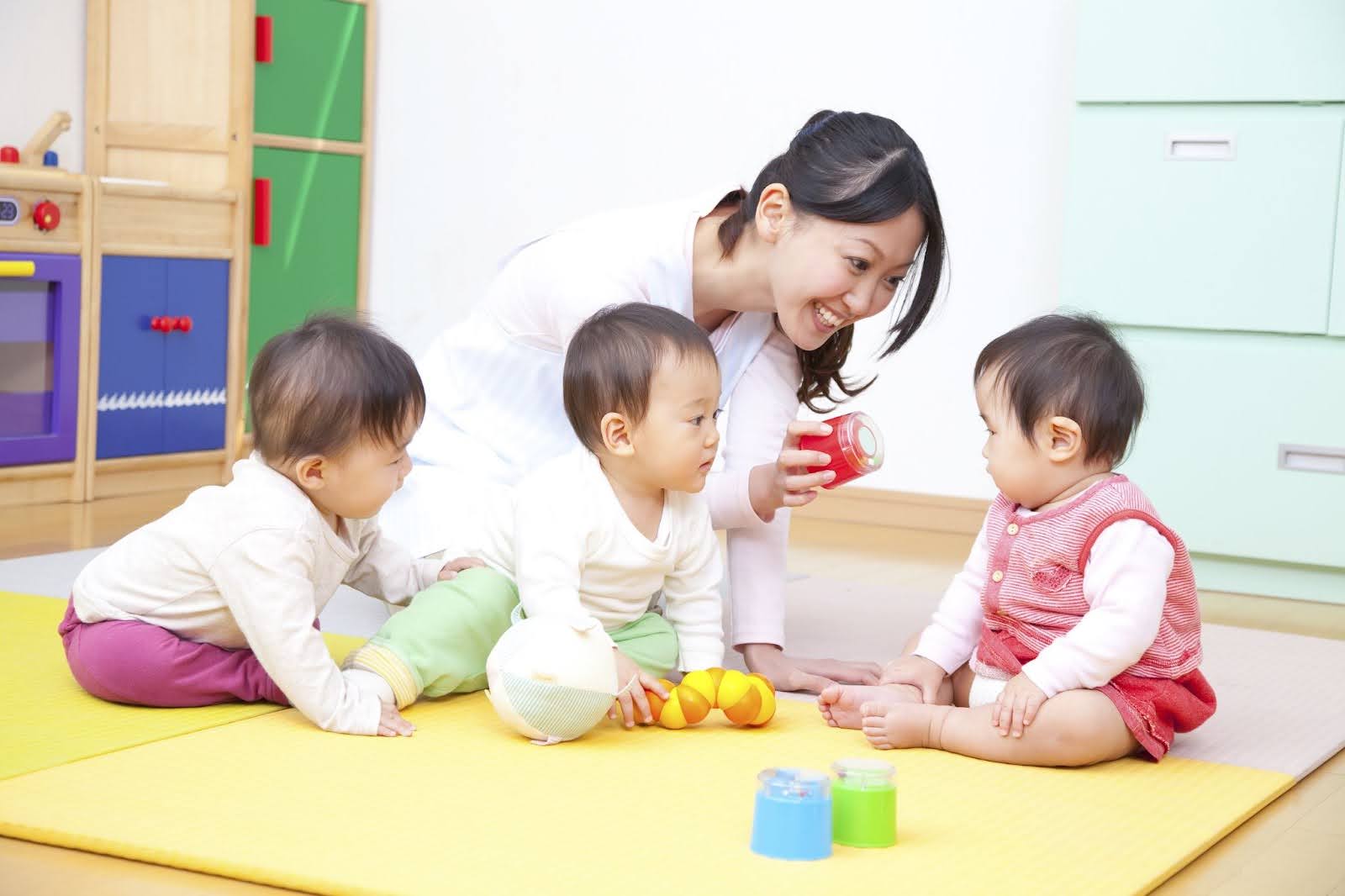![]()
![]()
![]()
PUBLISHED
September 16, 2025
A Longitudinal Study: Measuring Children’s Development and Learning Outcomes (1 to 6 Years Old)

Authors:
Ho Siew Yin
Source:
Internal Study
Keywords:
Cognitive Development, Involvement, Language Development, Longitudinal, Physical development, Primary Caregiving, well-being
Abstract:
The Longitudinal Study is a six-year project tracking children’s well-being, language, physical, and cognitive development across two phases. Phase 1 (2019–2021) evaluated the Relationships-Based Curriculum (RBC), while Phase 2 (2023–2025) followed the same cohort from ages 4 to 6, examining the changes in the measured outcomes, and how parents help their children safely navigate the digital world.
Findings showed high well-being scores, with a slight dip in Year 4 linked to the COVID-19 pandemic. By Year 6, children demonstrated significant improvements in language, physical, and cognitive skills, along with notable classroom involvement. Teachers and parents expressed satisfaction with the Primary Caregiving model. At home, children mainly use smartphones, TVs, and tablets under parental supervision, with parents reflecting both benefits and risks of digital exposure. Teachers demonstrated fostering warm and responsive relationships while encouraging play-based learning. While the study offers valuable insights, its small sample size limits generalisability.
Summary
The Longitudinal Study is a 6-year project tracking children’s well-being, language, physical and cognitive development, and engagement. It comprises two phases. In the first phase, the Relationships-Based Curriculum (RBC) follow-through study (2019–2021), evaluated the RBC curriculum’s effectiveness. Based on its recommendations, the same cohort was tracked for, in the second phase, an additional three years (2023–2025), from ages 4 to 6, to assess changes in the measured outcomes in the first phase.
In the first phase, the study also examined the Primary Caregiving approach through written surveys to determine whether it met the satisfaction of both teachers and parents. In the second phase, parents were invited to complete online surveys to provide insights into how they support their children in safely understanding and navigating the digital world. The study used the Leuven Scale to measure well-being and involvement, and the Brigance Screens III instrument to measure language, physical and cognitive development.
Sample
The RBC follow-through study began with 20 MFS centres, expanding to 27 centres in the fourth year as some children moved to other MFS centres. The sample of this 6-year study consisted of: 53 one-year-old children in Year 1 (2019), 114 two-year-old children in Year 2 (2020), 101 three-year-old children in Year 3 (2021), 50 four-year-old children in Year 4 (2023), 66 five-year-old children in Year 5 (2023 – 2024) and 63 children in Year 6 (2024 – 2025).
Findings
The findings are:
- Children’s well-being improved from Year 1 to 3, dropped significantly in Year 4 – linked to the Covid pandemic – and then rose again through Year 6.
- At the fourth year, there are clear signs of involvement. However, these are not always present to their full extent. There was a notable increase in Year 5 and sustained in Year 6.
- By Year 6, all children showed significant improvements in physical, language and cognitive development, with physical development reaching the highest level over the six-year period.
- The teachers expressed satisfaction with the Primary Caregiving approach. Parents were either satisfied or highly satisfied with the Primary Caregiving approach.
- At home, children most often use smartphones, televisions, and tablets for entertainment and learning, with parents generally allowing access but monitoring content and limiting screen time to about an hour a day. While parents see educational benefits like improved digital literacy and communication skills, they also acknowledge risks such as overuse and dependency. Devices may serve as a “digital nanny” or rewards for chores, though parents are divided on whether this eases or complicates parenting. Overall, they stress the importance of boundaries and encouraging healthy digital habits.
Other findings
- Teachers generally demonstrated thoughtful and responsive support for children’s well-being, learning and development. Their interactions with the children reflected warm and responsive relationships with the children, aligning with the recommendations of the Early Years Development Framework (EYDF) guidelines. In addition, children at the centres were observed to be secure and confidently expressing their needs to teachers and engaging socially with peers. They also showed independence in life skills such as self-feeding and tidying up.
- Teachers were observed offering children choices, such as selecting the colour of paint for their artwork. Providing choices encourages children to become confident, engaged learners who take ownership of their learning.
- Children were observed to enjoy working on numeracy activities involving colours and matching, as well as sorting shapes and colours. Research indicates that engaging children in matching and sorting objects supports their cognitive development, enhances their cognitive flexibility, enabling them to approach problems from multiple perspectives. Therefore, more play-based and hands-on activities for children are encouraged.
- Some children were observed to have strong number sense, and approached mathematical problems using spatial strategies. Teachers can enhance this by encouraging children to talk about mathematics. When children verbalise their thinking, teachers are better able to assess whether they have fully understood the specific concepts or skills.
Limitations
This longitudinal study is believed to be the first of its kind in Singapore, yielding valuable insights through its findings. However, it is recognised that the small sample size, together with attrition across the six-year period from the original 153 children, limits the generalisability of the results. Therefore, the findings may not be fully applicable to all My First School (MFS) centres or to similar populations.
To find out more, you may email us.
Acknowledgement
The following are gratefully acknowledged for their invaluable contribution and support to the study:
- Principals, teachers, children and parents from the 27 MFS Centres
- Professor Marjory Ebbeck
- Professor Bonnie Yim
- Dr Sheela Warrier
- Mrs Peacock-Khoo Swee Choo
- Dr Minushree Sharma
Share this article
Research & Advocacy
Learn about the latest research we do that drives our curriculum



